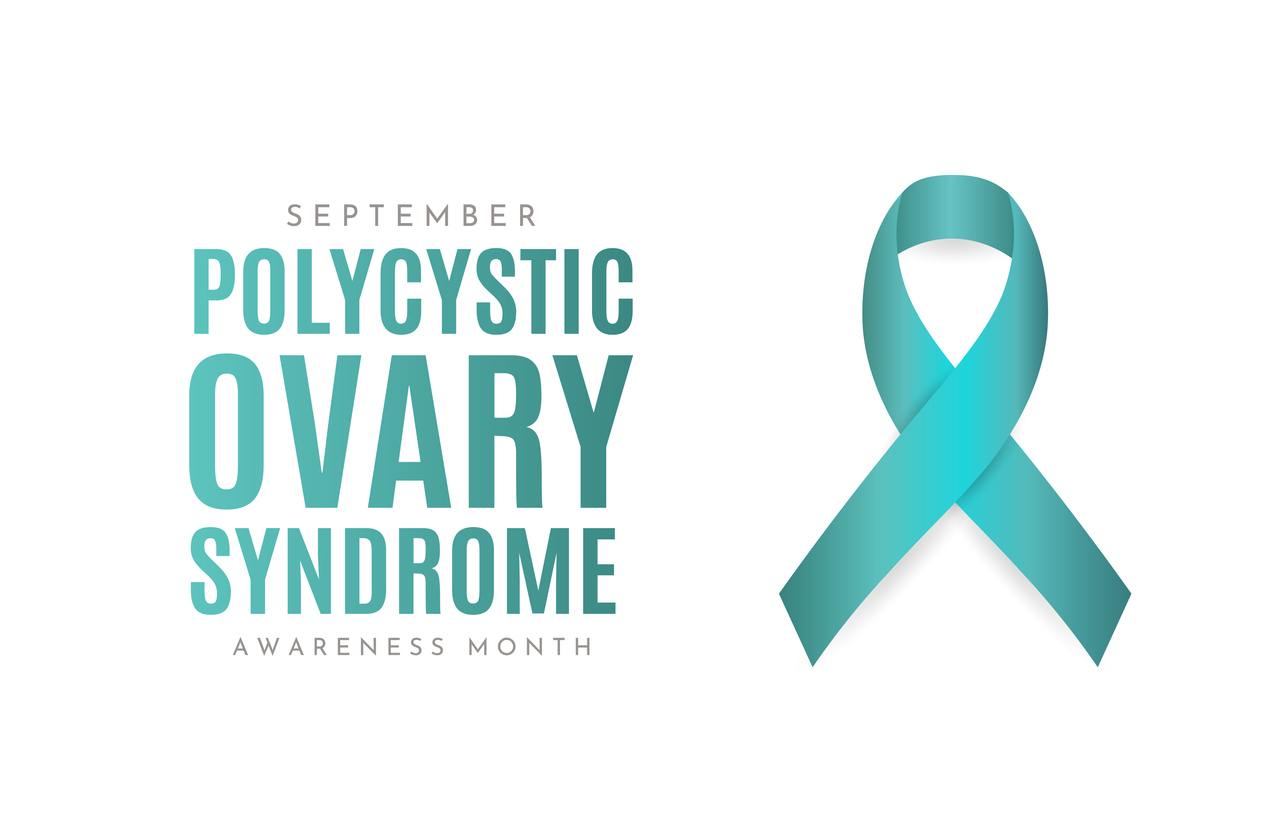PCOS (Polycystic Ovary Syndrome) is the leading cause of female infertility. It’s an endocrine (or hormonal) condition causing abnormal hair growth, multiple ovarian cysts, inflammation and other symptoms. It is the most common ovulatory disorder and accounts for 85% of ovulatory disorder diagnosis. There’s not one precise cause of PCOS but women who have it appear to create higher than average androgens. Because of elevated levels of androgens, the development of eggs is affected and interferes with normal ovulation.
There is no cure for PCOS but there are ways to help manage it especially if you are hoping to grow your family:
- Diet and Exercise: Diet and exercise play a huge role in overall health. PCOS causes inflammation so a diet that focuses on reducing inflammation is advised. Diets like the Mediterranean diet naturally eliminate saturated fats, processed meats and refined sugars. PCOS patients should avoid fried foods, saturated fats, processed foods, foods high in sugar and refined flours. We also encourage regular exercise to keep up your overall physical health.
- Medication: For some PCOS patients, symptoms can be managed with medication. A physician will assess your situation and the severity of your PCOS to determine if you are a good candidate for PCOS medications to manage your symptoms.
- Fertility treatment: In some cases diet, exercise and medication are not enough to help patients who are trying to conceive. In these cases, we recommend meeting with a fertility specialist. Fertility specialists can offer treatments that your OBGYN is unable to perform. The UNC Fertility specialists assess your individual case and work with you to develop the best plan for your health and future.
If you are someone who struggles with PCOS and feel it may be time to meet with a fertility specialist, contact us at UNC Fertility today!








